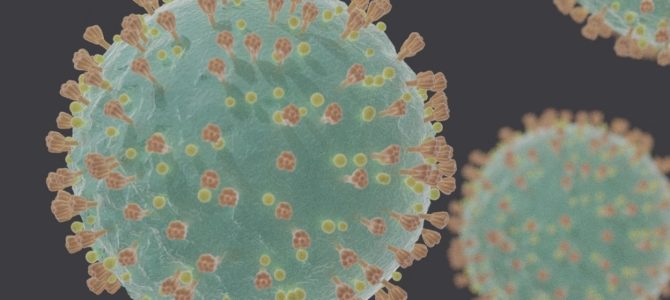People who recovered from COVID-19 are likely to have “robust” and “long-lasting” immunity that lasts for years, a new study suggests.
According to research published in “Science,” people who recovered from COVID-19 have a very low risk of reinfection for at least five to eight months following contraction of the virus due to extremely high levels of immunity memory — but now it appears immunity lasts longer.
“There was a lot of concern originally that this virus might not induce much memory,” Shane Crotty, a researcher and a co-author of the paper, noted. “Instead, the immune memory looks quite good.”
After studying the blood samples from approximately 185 people who had previously contracted and recovered from COVID-19, researchers found that contrary to popular belief, 95 percent of participants’ antibodies and T-cell numbers only declined moderately after eight months following the original infection, resulting in longer-lasting immunity. Researchers also found that B-cell numbers, another component of maintaining immunity, remained fairly unchanged or sometimes even grew months after the patient’s recovery from the virus.
According to the study, the immunity memory created by these higher-than-anticipated antibody, T-cell, and B-cell numbers can help the body “restart antibody production and coordinate an attack against the coronavirus” quickly to prevent reinfection and potentially provide immunity for years, as it does with influenza, smallpox, and other diseases. Researchers were also quick to note that the same effect most likely applies to immunity that results from a dose of a COVID-19 vaccine.
One of the limitations of the study is that most people only offered one blood sample, providing only a glimpse into their current immunity. Another limitation is that there remains a small portion of people “with weak immune memory” who might not benefit long-term.
“Immunity varies from person to person, and uncommon individuals with weak immune memory still may be susceptible to reinfection,” Crotty said.
Despite these potential setbacks, researchers expressed hope that between the rollout of the vaccine and growing herd immunity, “durable immunity against secondary COVID-19 disease is a possibility in most individuals.”









